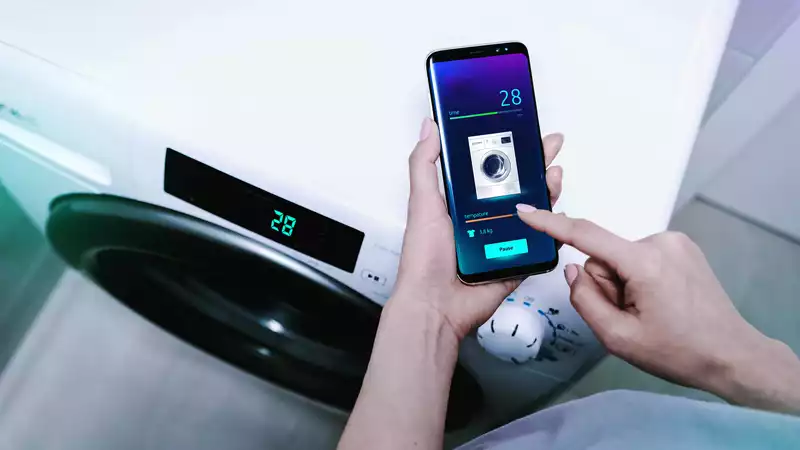If you have recently purchased a dishwasher, microwave, refrigerator-freezer, or other large appliances, you may have noticed one thing that the latest models have in common. They are called "smart appliances" and can be linked to smartphones via specific apps.
The limits of what each app can offer vary, but the most common feature is the ability to remotely control and monitor appliances from a smartphone or by voice command. But is smart connectivity really worth the money for large appliances? Here we look at the pros and cons of this technology and why it may not be worth your time in the end.
Smart connectivity is currently offered in most categories of large appliances. Washing machines, dishwashers, ranges, refrigerator-freezers, and the list goes on. However, because this is a premium feature, most entry-level models do not offer it.
Before I go into why I am not a fan of smart appliances, I would like to mention that, depending on the type of appliance you buy, smart connectivity certainly has some advantages:
Smart dishwashers and washing machines will let you know when the wash cycle is running. Some apps can monitor energy and water consumption. Some apps allow users to download additional programs that are not available in the control panel. Not sure how many people actually do this and use the programs, but it is useful to have.
Through smart connectivity, some appliances can also refill related consumables, such as dishwasher tablets, or provide direct access to contacts that can help in the event of a machine malfunction. Some smart refrigerator freezers can even access the camera in the cabinet to see what is needed. The question is, how many of these features will you actually use?
Smart appliances arose as the smart home category grew in popularity. Many brands wanted to adapt their products to everyone's smart home regime and offer features not available in other models. As mentioned above, while these features are useful to some extent, many of them are gimmicky and one should consider whether or not they will actually be used before paying extra for them.
For one thing, hands-free operation of large appliances always seemed pointless to me, especially when it came to washing machines and dishwashers. It would have been much faster to connect to the appliance with an app and manually operate it before it started running. Technically, they could be set up to run from anywhere in the house or even when you are not home, but someone would still need to be there to add detergent and fill the capacity.
The next question to ask ourselves is whether we will actually use the additional features/settings that smart connectivity offers. When it comes to large appliances, most of us are creatures of habit and rely on the same settings. I myself have tested smart appliances in the past and was intrigued by the connectivity features, but never really gave it a second thought because I am always in a hurry when it comes to household chores. Depending on the type and brand of appliance, smart connectivity can also be pricey, especially in the case of smart refrigerator-freezers with built-in displays. After all, you may like the idea of smart appliances, and some of the technology may prove to be really great and useful. Then the added cost becomes moot.










Comments